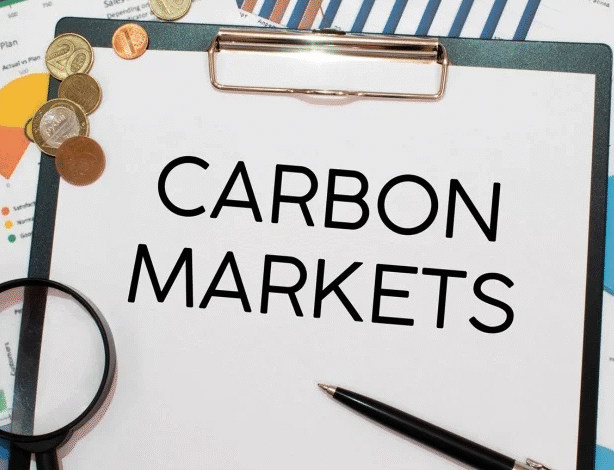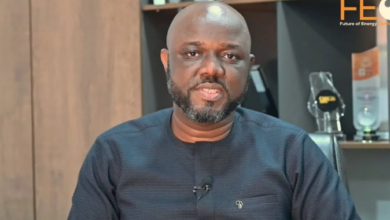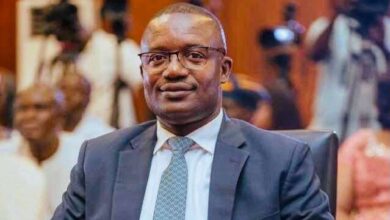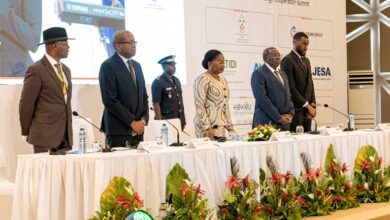Africa Must Leverage Carbon Markets to Tackle Rural Energy Gaps, Unlock Billions in Climate Finance-UNDP

The United Nations Development Programme (UNDP) has called for urgent action to close Africa’s rural energy gap, arguing that high-integrity carbon markets could unlock billions of dollars to finance solutions while supporting the continent’s climate and development goals.
“How is it possible that in 2025, when we are able to send people to the moon, when we are able to create driverless vehicles, we’ve not been able to solve the problem of cooking energy in Africa’s rural areas?” asked Maxwell Gomera, UNDP Resident Representative in South Africa and Director of the Africa Sustainable Finance Hub.
Gomera said the technology and financing tools to address the challenge already exist, but require stronger political will and coordinated investment frameworks. “Carbon markets can unlock billions in finance, strengthen our institutions, and accelerate both Agenda 2063 and the Paris Agreement’s 1.5°C goal,” he noted.
The remarks come ahead of the Carbon Markets Africa Summit (CMAS), scheduled for October 22–23 in Johannesburg, which will gather governments, private investors, regulators, and international development bodies to shape a continental approach to carbon trading.
From Ambition to Implementation
Africa currently faces one of the world’s largest energy access gaps, with over 600 million people lacking reliable electricity and hundreds of millions still reliant on wood and charcoal for cooking. Analysts say the shift to clean cooking fuels, solar grids, and other climate-smart energy solutions could be accelerated if Africa captures a greater share of global carbon finance.
Gomera stressed that Africa can no longer afford to wait for external promises. “We must make our potential a reality. The Carbon Markets Africa Summit matters because we are building an ecosystem around a shared problem and providing solutions,” he said.
UNDP officials will play a central role in the summit’s agenda. Sessions include:
-
Carbon 101 masterclass on October 21, introducing African stakeholders to global carbon markets, Article 6 of the Paris Agreement, and emerging compliance systems.
-
Keynote addresses by Gomera and Sandra Lindström of the Swedish Energy Agency, highlighting Africa’s evolving partnerships in emissions trading.
-
Policy-to-action forums on regulatory clarity, integration of Article 6, and public-private collaboration in carbon market frameworks.
-
Sector dialogues on nature-based solutions and AFOLU (Agriculture, Forestry and Other Land Use), with a focus on methodologies, investment models, and community involvement.
-
Corporate workshops for African companies and SMEs seeking to enter the carbon market.
The Bigger Picture
Carbon markets have gained momentum as African governments seek new financing models to fund the continent’s $1.3 trillion annual Sustainable Development Goals (SDG) gap and rising infrastructure needs.
For investors, Africa’s vast forests, renewable energy potential, and young workforce present opportunities for both emissions reduction and growth. But critics warn that weak governance, opaque contracts, and uneven community benefits could undermine trust in the system.
Gomera acknowledged those risks but said Africa now has a chance to lead with integrity: “Tomorrow is worth fighting for. High-integrity carbon markets can ensure fair benefits while driving sustainable and inclusive development.”
The Johannesburg summit will test whether Africa can turn policy ambition into tangible projects that reduce emissions, improve livelihoods, and reshape the global carbon finance architecture.




